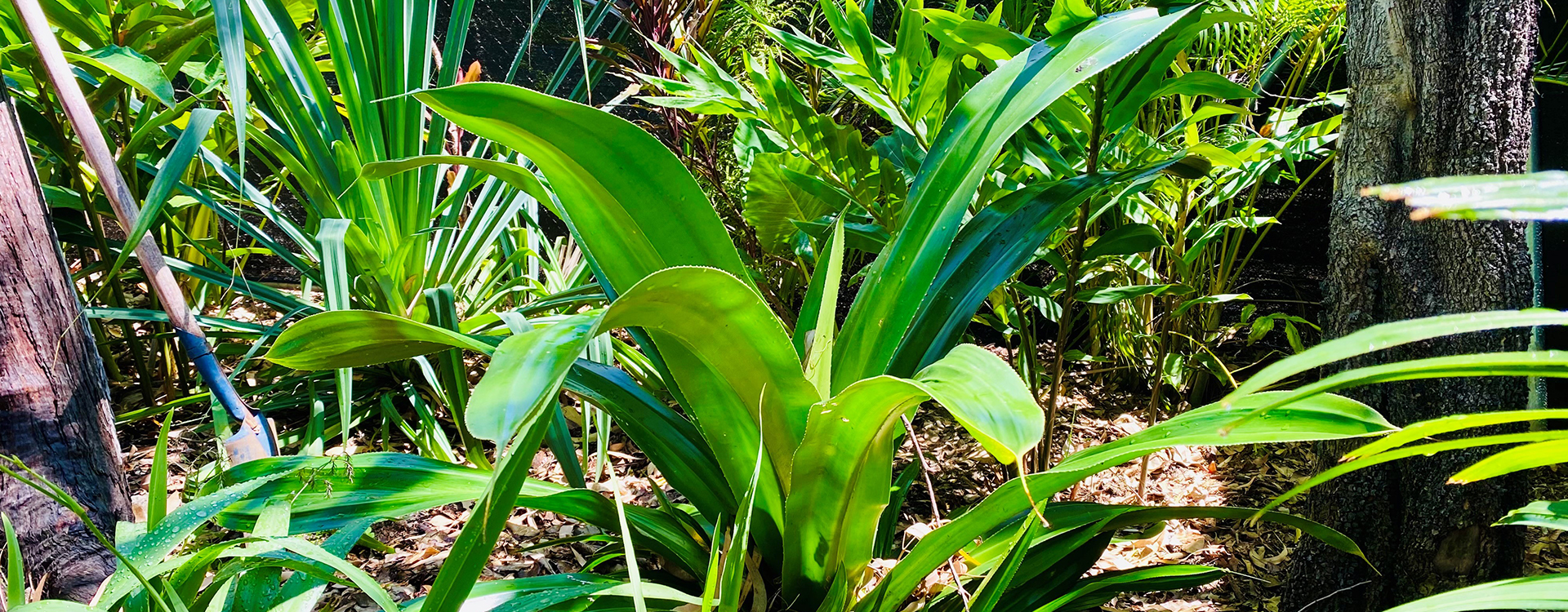
Bringing Plants to the Groote Archipelago
Plants and soil can harbour serious pest species such as weeds, cane toads and invasive ants; all of which could have a devastating impact on the ecosystems, native flora, and fauna and the Anindilyakwa culture if they were to establish in the archipelago.
All plants brought to the Groote Eylandt Archipelago must only be sourced from an approved commercial plant wholesaler. Pre-approval in writing must be obtained from the ALC before plants are transported by barge to Alyangula. No other method of transport, e.g., via plane, is permitted.
Upon arrival on Groote Eylandt, the ALC Biosecurity Unit will inspect all plants with a cane toad detection dog, and individually inspect plants for biosecurity risks. Any plant found to have live invertebrates, suspect disease or cane toads present will be destroyed and sent back to Darwin.
Mulch, turf, and soil are not permitted to be transported to the Groote Eylandt Archipelago
Commercial grass seed/lawn seed is permitted.
- All plants must be pre-approved in writing by the ALC before being transported to the Groote Eylandt Archipelago via the barge
- All plants must be sourced from an ALC approved commercial plant wholesaler
- All plants and pots are to be chemically treated and packaged as required by the ALC
- All plants must be free from weeds, disease, insects, and cane toads
- Upon arrival on Groote all plants will need to be inspected for quarantine and biosecurity purposes
- Any plants that are considered to pose a biosecurity risk may not be permitted to enter Groote Eylandt
- Failure to comply with these conditions may result in the plants being returned to the port of origin
